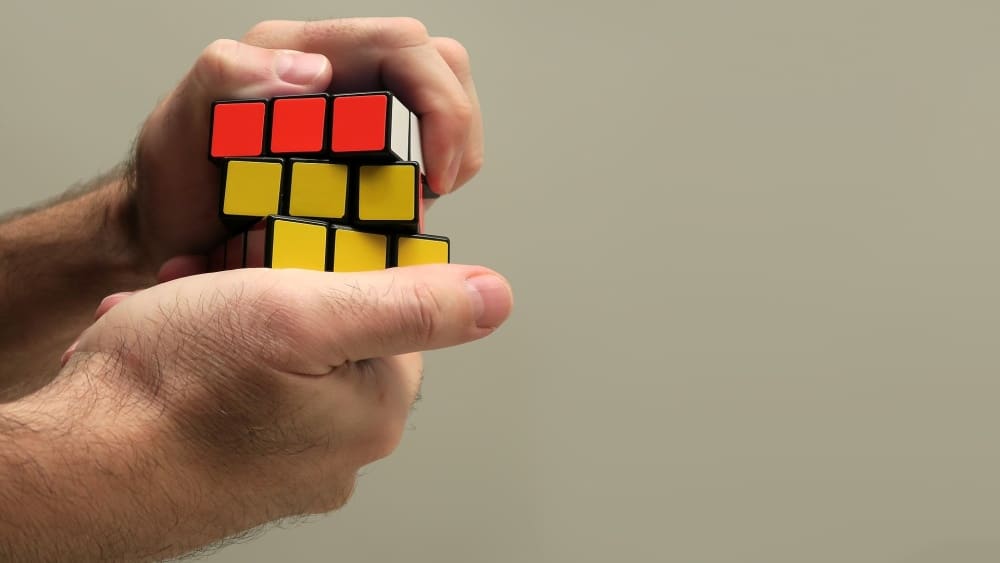Understanding the Halo Effect for Countering Cognitive Bias
Advertisements are meant to make us believe that a brand is good for us and the company producing the brand actually cares about the consumer. This idea is even reinforced during PowerPoint presentations by company CEOs, events, festivals and corporate social responsibility initiatives. In many cases, this isn’t true, as many large corporations have been found to harm consumer interests by polluting the environment, selling harmful products and covering up scandals. But what makes people believe that a brand or company is good, even when it is not? It is because of the Halo effect.
What is the Halo Effect?
The Halo effect is a positive impression of someone or something which influences people’s opinion or feeling. In psychology it is termed as one of the cognitive bias, which refers to various concepts about irrational judgment. The Halo effect can create a positive impression for a person, brand or organization.
Many people have a positive impression of actors based on what they see in TV shows and movies. An actor that is attractive, plays heroic roles and looks nice on screen might be considered as a good person by the audience. In fact, people can even idealize such an individual as the perfect human being. However, the reality might be quite different from this cognitive bias, as he might actually be quite the opposite in real life. Similarly, people can be bias about judging other people and brands, based on appearances, considering them to be good. This is essentially the Halo effect.

What is the Opposite of the Halo Effect?
Now that you understand what the Halo effect is, you might be wondering about its reverse implications. There are two other cognitive biases which serve as opposites for the Halo effect, i.e. the Reverse Halo effect and the Horn effect.
The Reverse Halo Effect
This is the opposite of the Halo effect. It occurs when someone with positive impressions can face negative consequences due to jealousy. For example, someone who appears to be attractive and competent at the workplace might face the negative consequences of this impression, as people might conspire against him at the workplace or cause problems for him due to the Reverse Halo effect.
The Horn Effect
While the Halo effect gives positive impressions for someone, the Horn effect acts more like a curse. For example, someone attractive might be deemed good based on their physical appearance due to the Halo effect. On the contrary, anyone who is not considered attractive might be deemed morally bankrupt, evil or intellectually inferior. Due to the Horn effect.
How the Halo Effect Affects our Lives?
The Halo effect affects us in more ways than we might even notice. Let’s take a look at how the Halo effect affects our lives.
Halo Effect in Business and Marketing
The Halo effect has a lot of applications in business and marketing. Companies try to project a positive image of themselves and their brands by effectively using the Halo effect. This is often done using advertisements with smiling faces, serene environments or things that appear as pleasing. Even a washing powder advertisement will show you that using their brand can make your life easier and keep you happier by removing stains and making your clothes as bright as day.
In marketing the Halo effect is also used for explaining customer bias towards a product due to a favorable experience, which leads to favorable impressions of other products. The Apple brand for instance, garners brand loyalty ranging from its Mac computers to the famous iPhone, iPad and iPod. It can be argued that many Apple products such as Apple TV greatly benefited from the Halo effect of the Apple brand.
Halo Effect in Management
Halo effect in management is the bias for an individual in the management. Even though his/her actions might lead to negative consequences, he/she might be favored due to the Halo effect. Many organizations have gone downhill and even withered out due to incompetent management which due to the Halo effect continued to rule the roost.
It can be argued that former Microsoft’s CEO Steve Ballmer too suffered from the Halo effect. It wasn’t until massive losses associated with Microsoft’s Surface tablets that he resigned. He regretted his focus on Windows Mobile, which was a colossal failure. While Ballmer in 2008 declared that he intended to remain as the CEO of Microsoft for a decade, he resigned in 2013 after Microsoft suffered massive losses. In fact, Microsoft’s stock rebounded on the news of his resignation.
Ballmer’s approach to hastily switch to smart devices resulted in massive losses for the company, not to mention Nokia’s partnership in producing Windows Phone devices and not switching to Android cost it its spot as the world’s leading smartphone manufacturer, as it sunk into near oblivion.
Halo Effect in Politics
When Arnold Schwarzenegger ran for Governor of California and took charge of office in 2003, people hailed him because of his positive image as an actor. He was admired by millions across the globe and seemed as the right person for the job. By the time he left Office in 2011, his approval rating had dipped to a mere 22%. The ‘Golden State’ of California suffered from eroded finances and institutional issues. But Schwarzenegger’s Halo effect isn’t the worst. Politicians over the centuries have convinced people to commit horrific crimes and follow hideous ideologies based on the Halo effect. Perhaps politics is the most controversial domain where the Halo effect has long had dire consequences for people blindly following a leader.
Halo Effect and Gender Differences
The Halo effect can be limited due to gender differences. An attractive coworker may be admired more by the people from the opposite gender and not necessarily the same sex. As a matter of fact, people might even feel jealous of people from the same sex, leading to the Reverse Halo effect.

Countering the Halo Effect
Since the Halo effect is a cognitive bias which can give us false impressions, we can counter it by more objective considerations. A company might sell food as ‘healthy’ in their advertisements but before you start consuming the product, a bit of objective evaluation of the product might help. You can look for online reviews, possible criticism and the ingredients to ensure that the product is actually healthy. Similarly, people who appear well groomed and speak in a certain manner can appear good. However, observing their actions and connecting the dots to check their claims for being truthful can help you figure them out better. This is not to say that you should be paranoid, however, you should not simply trust people based on appearances.
Another important consideration when attempting to be more objective to counter the Halo effect is to observe your mood. People are more likely to suffer from the Halo effect when they are in a good mood. A study by Joseph P. Forgas published in 2011 explains that the Halo effect can be associated with happiness, hence pointing towards observing the emotional state of an individual to analyze the possibility of the Halo effect.

Conclusion
The Halo effect affects all of us in one way or the other. The possibility of being affected by it starts at the household level, is extended in our classrooms and the advertisements that are all around us. The fact is that there is no escaping the Halo effect affecting you one way or the other. However, you can be more objective in your assessments to ensure that the Halo effect does not negatively impact you because of your cognitive bias.
